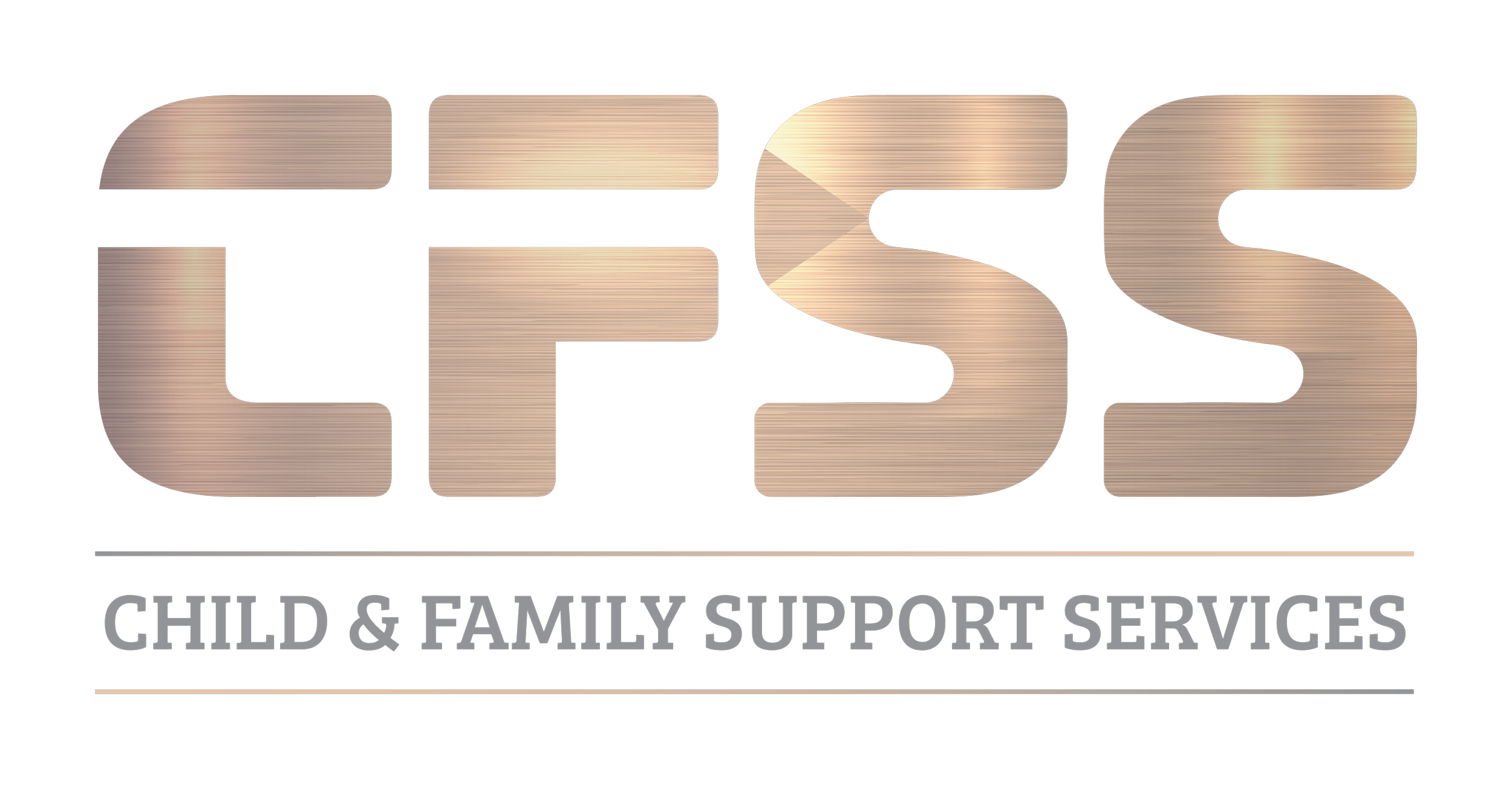Since the inception of CFSS, the leadership and workforce have dedicated a multitude of efforts enhancing their working knowledge of trauma, the impact it has had on enrolled young people’s lives and how best to organize and deliver help. Using research on the development of young persons, emerging findings about how the human brain functions and the fortunate many hours CFSS personnel has spent learning with young people, CFSS thought it was time to share what they believe to be true as it relates to the area of young people and trauma.
When working with a young person who has been exposed to trauma, it’s important to not focus merely on increasing or decreasing a behavior, but rather how the behavior of today has been influenced by the experiences of yesterday. Formal help must take into consideration how the young person regulates his or her body and mind, sources of physical and emotional safety, conceptualization of self, and building or enhancing core relationships.
CFSS has developed this Healing Habits Manual to assist helpers with assessing, planning and providing interventions to young people and their families. We hope this set of information and tools are helpful.
Click here to download The Four Rs and Trauma book (English).



